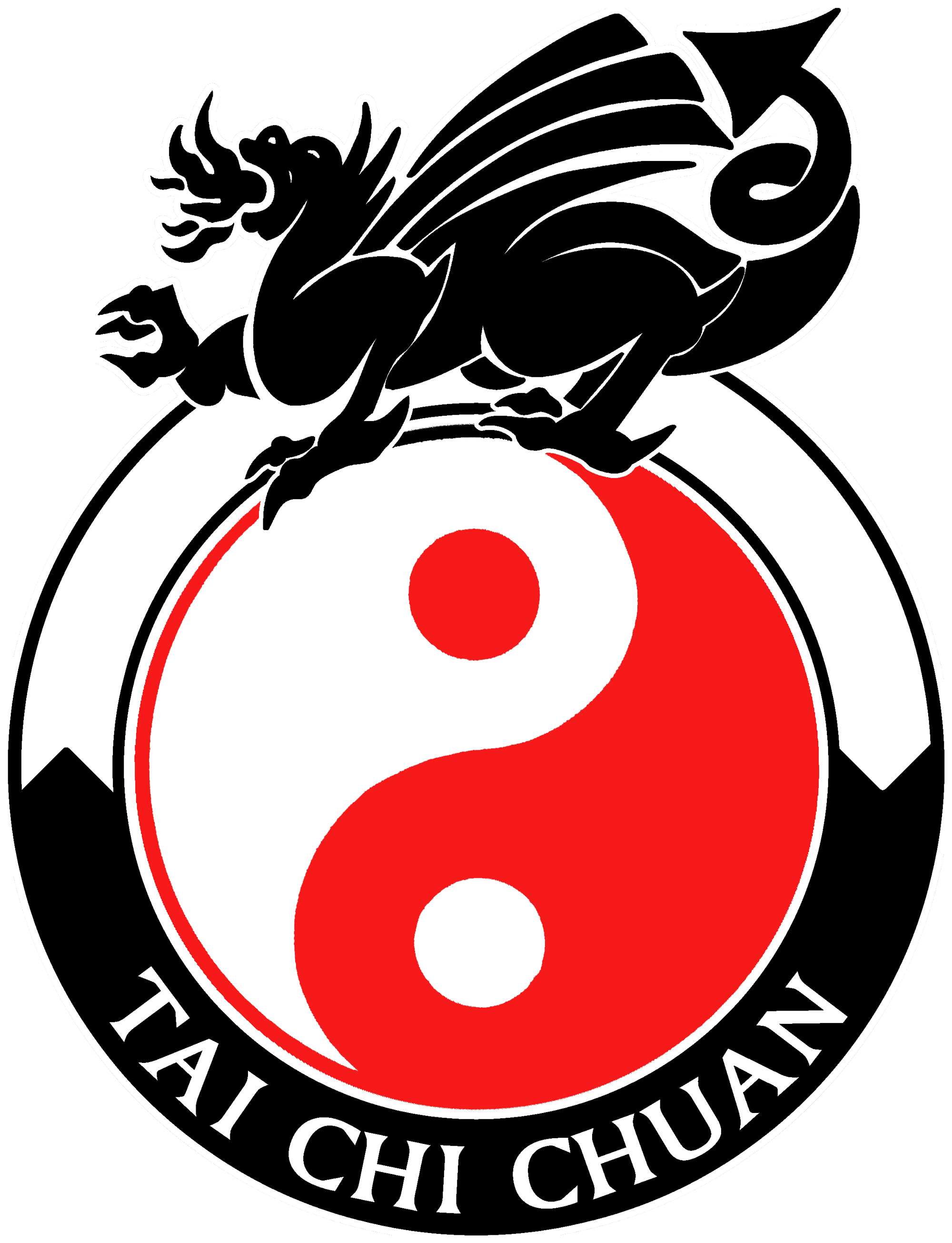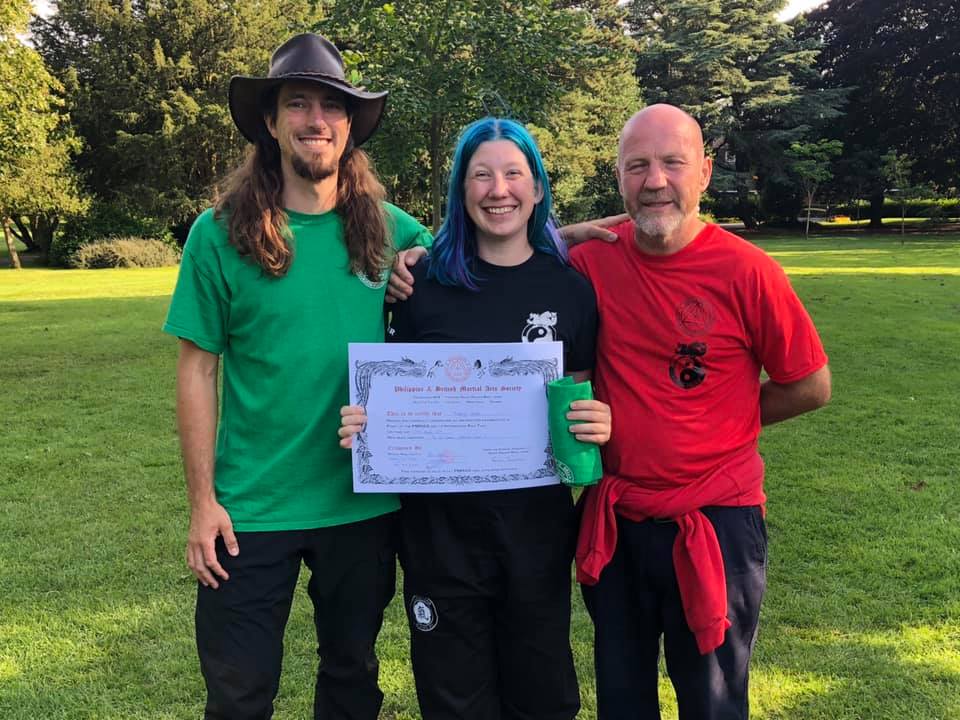Tai Chi Chuan

Tai Chi Chuan means ‘Supreme Ultimate System’. At Cambridge Kung Fu we seek to teach this amazing system as it was originally intended; focussing and balancing your body, mind and spirit to develop a fully integrated system for living a long, healthy, happy and successful life.
Although an extremely effective martial art, Tai Chi Chuan (T’ai Chi/Tai Ji) is usually practiced with the emphasis on improving and developing the health of the practitioner.
The main part of the system, and what most people think of as Tai Chi, is a long sequence of movements (the form) practised as a slow continuous flow. All the movements are designed to improve your use of your body. With us you will learn this Tai Chi form which combines many different movements that together produce benefits for your whole body.
For details of our upcoming events please check out our Events & Updates page on FuTube.
The Benefits of Tai Chi
Tai Chi Chuan is practised by people of all ages who would like to improve their posture, mobility, sensitivity, coordination, stamina, concentration, balance and relaxation. Training with us includes solo and partner exercises to integrate your calm and relaxed movements and thoughts into your interactions with other people under different types of pressure.
One of the many benefits of Tai Chi Chuan is that practising is not limited by your age, ability, equipment or environment. You can practice anywhere and everywhere; at home, in the lounge, in the park, in the car-park on your lunch break or even on the beach!
Training Tai Chi
There are many variations of Tai Chi Chuan, with the one studied at Cambridge Kung Fu being ‘Kun Tao’, which means ‘Mother Way’ or ‘Martial Way’. Kun Tao Tai Chi is a Malaysian version of Yang style Tai Chi, with a mix of Wu, Chen and Sun influences, as taught by Grandmaster Brian Jones.
The Kun Tao Tai Chi form is made up of three sections which are learnt on the right side, then on the left side, then combined to balance both sides of the body and mind. The individual movements within the form work different parts of your body, externally (the bits you can see and move) and internally (the bits you can not see, reach, or easily move) as well as developing coordination between all parts of your body and mind. This results in internal and external harmony and balance.
We also teach the ‘Two Person Dance’ of Tai Chi Chuan. The ‘Two Person Dance’ is a partner exercise to teach the martial applications of the Tai Chi form in a slow and relaxed manner. Even for those not interested in the Self Defence properties of Tai Chi Chuan, practising the ‘Two Person Dance’ gives your body feedback on how moving and reacting to external pressures helps you develop a state of relaxation in an ever changing and moving environment.
For details of the Tai Chi syllabus, you can check out our online resources at FuTube.co.uk.
Tai Chi Philosophy
The early Taoists sought to cultivate the Tao within themselves. Taoism centres on the concept of effortless action and the power it engenders. Water symbolises the idea of strength in softness; it cannot be broken, yet wears down the hardest of objects just by flowing around them. Taoist thought pervades Tai Chi; the interplay of Yin and Yang, the forces of change and harmony are found in the changing postures and the quality of the movements. Body weight shifts from one leg to the other, awareness moves from inside to out, empty changes to full, open to closed. The forces work simultaneously creating a continuous and ever-changing dance of energy.
“Plants, when they enter life, are soft and tender,” says the Tao Te Ching, “when they die they are dry and stiff.” In Tai Chi, learning the qualities of softness and understanding its power are essential parts of practice.
The 70% Rule of Exercising
In Tai Chi and Chi Kung exercises we follow the 70% rule. In other words don’t push anything beyond 70% in your body or mind, never push or force things to occur.
By completing any Tai Chi or Chi Kung technique to only 70% of your current capacity you can;
- Absorb and understand what you learn more easily therefore increasing your knowledge.
- Reduce your internal resistance and maintain the effort for longer therefore increasing your stamina.
- Store your energy for a time when you really need it.
- Increase your capacity as you practise, without stress.
If you think about what your 100% would be on any exercise, then aim for 70% of that. If you are just getting started or recovering from an injury reduce to 60%, 50% or less. Aim to achieve what you can comfortably achieve, without putting undue stress or strain on your body, and get used to it. You will soon find that your 100% mark has moved up, and therefore you have a new 70% level to work at.
Upcoming Events
We run Sunday afternoon workshops throughout the year (approx. every other month), and there is a yearly Summer Camp held in Peterborough that is open to anyone interested in Tai Chi or other parts of the Integrated Kun Tao system.
For details of all events, please check out our FuTube Events & Updates page.
We do not currently have any Tai Chi classes running, and are instead focussing on private training only.
Tai Chi Instructor Team
The Tai Chi we teach was taught by Grandmaster Brian Jones, who himself trained under a variety of distinguished instructors, including Grandmaster Leong Fu, Master Tjoa Khek Kiong, Grandmaster Grecco Wong, and Prof. Tatsuo Suzuki. From these instructors Brian studied a variety of Tai Chi styles, as well as other arts (such as Black Tiger, Wing Chun, White Crane, Tik Po Sum/Iron Body and more) and has incorporated their influences into his own styles, to ensure that they continue to develop and grow as ‘Integrated Kun Tao’.
Master Ricky Crofts continues Brian’s legacy, teaching strudents and instructors from around the world.
In Cambridge, our Senior Instructor is Col Maggs who was a private student of Grandmaster Brian, and continues his training under Master Ricky.
In the photo you can see Col and Ricky with Rin receiving her Instructor Certificate in 2019.

